This degree is aimed at training agents and mediators endowed with multiple skills enabling them to implement professional projects in public and private organizations in the socio-cultural sector.
The study plan is characterised by multidisciplinarity, valuing several areas of knowledge. The graduate must be proficient in two foreign languages (intercultural communication) and have in-depth knowledge of Lusophone cultural diversity and several other cultures. The historical and comparative approaches, combined with the study of various aspects of contemporary life (science, technology, digital culture), is aimed at developing analytical and critical competences suitable to the understanding of the complexity of cultural practices and discourses.


